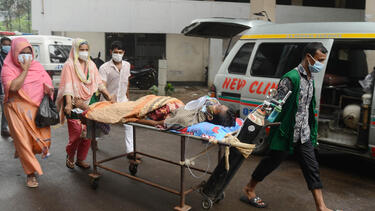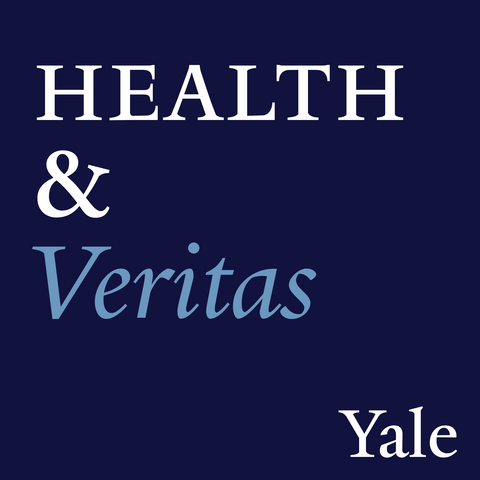Healthcare
Can a Clinic Comply with Trump’s Executive Orders Without Leaving Patients Behind?
For more than 50 years, New Haven’s Fair Haven Community Health Care has provided care to immigrants and other vulnerable populations. We talked with CEO Suzanne Lagarde ’14 about how the organization is grappling with federal executive orders and budget cuts that threaten its mission.
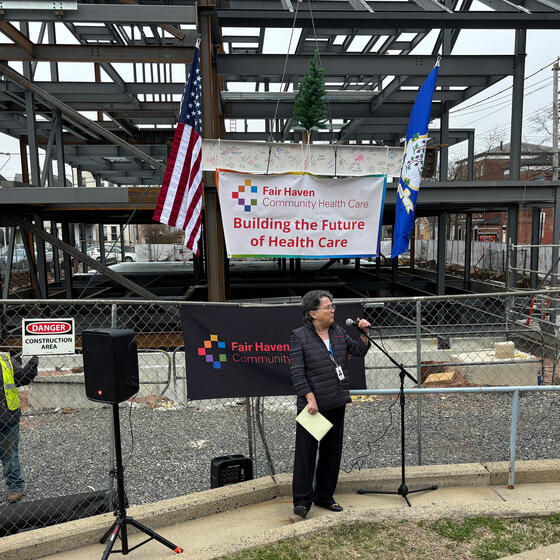
Why Polio Is Making a Comeback
In the last two years, vaccine-derived polio has been spotted in the United States and Gaza. Now the original wild-type polio is spreading in Pakistan and Afghanistan. Dr. Howard Forman explains that politics are hampering efforts to control the outbreak.
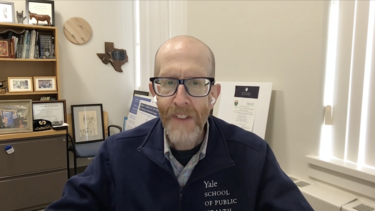
The Avian Flu Outbreak Remains a Concern—And We Still Aren’t Ready to Respond
Thus far, the outbreak is growing slowly, says Yale SOM’s Dr. Howard Forman. But a lack of coordination and testing continues to hobble the U.S. response.
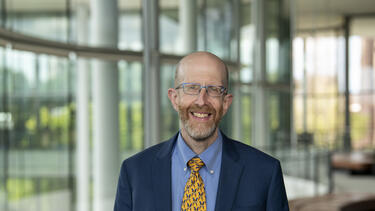
A Whole-Person Approach to Mental Health
Christina Mainelli ’11, CEO of Quartet Health, explains how the company solves bottlenecks around access, quality, and fragmentation to deliver whole person care.

Going the Last Mile (with Evidence)
A study by Yale’s Mushfiq Mobarak and his colleagues found that nurses on motorbikes with vaccine-stocked coolers could help increase vaccination rates in rural Sierra Leone, showing that it is possible to get health interventions to the most remote and under-resourced areas cost-effectively, in ways that help ensure that the interventions are taken up and used.

How a Time Out Can Help Address Bias
The Bias Time Out, developed by a team including Gina Calder ’22 and Dr. Cecelia Calhoun ’21, helps healthcare teams spot and address bias in real time.

In the Emergency Department, Patients from Marginalized Groups Are More Likely to be Bypassed in the Queue
In a busy hospital emergency department, White people who speak English and have private insurance are more likely to jump the line and get seen first, according to new research from Professors Lesley Meng and Edieal Pinker and Dr. Rohit Sangal ’21 of Yale New Haven Hospital.
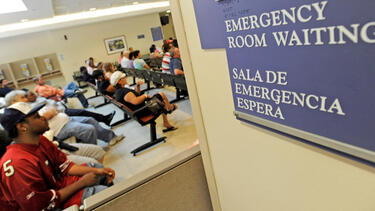
The Dark Side of an Idealized Picture of Nursing
A new ethnographic study from Yale SOM’s Julia DiBenigno illustrates how a focus by workers on a fantasy version of their job can get in the way of organizational goals.

Collaboration Can Close Healthcare Gaps—But It Isn’t Easy
Collaboration among organizations and across sectors can help, said a group of leaders at the Yale Healthcare Conference—but it must be pursued strategically.
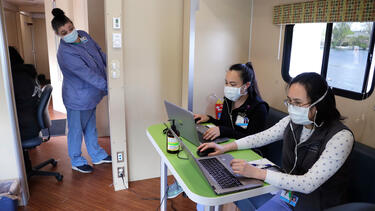
Has the CRISPR Revolution Arrived Yet?
The first drugs using the CRISPR technique are approaching the market, with the potential to transform the lives of people with certain genetic illnesses. We talked with Dr. Greg Licholai about the state of the technology.

Uncovering the Mental Health Impacts of COVID-19 in Low- and Middle-Income Countries
A new study co-authored by Yale SOM’s Mushfiq Mobarak investigated how mental health fared after the pandemic arrived in eight low- and middle-income countries, and found signs of a sharp, and lasting, deterioration.
